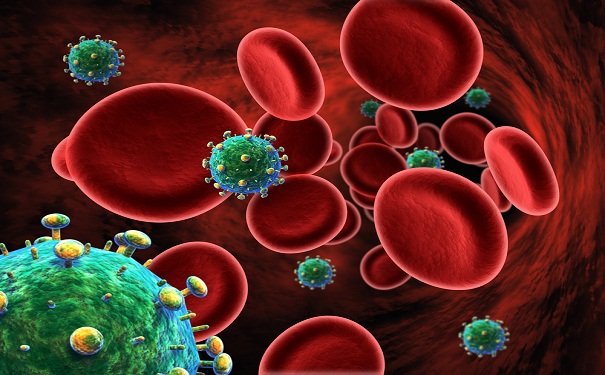According to a major scientific study, HIV is evolving into a milder form, becoming less deadly and less infectious.
The research team at the University of Oxford shows the virus is being “watered down” as it adapts to our immune systems.
It said it was taking longer for HIV infection to cause AIDS and that the changes in the virus may help efforts to contain the pandemic.
Some virologists suggest the virus may eventually become “almost harmless” as it continues to evolve.
More than 35 million people around the world are infected with HIV and inside their bodies a devastating battle takes place between the immune system and the virus.
HIV is a master of disguise. It rapidly and effortlessly mutates to evade and adapt to the immune system.
However, every so often HIV infects someone with a particularly effective immune system.
“[Then] the virus is trapped between a rock and hard place, it can get flattened or make a change to survive and if it has to change then it will come with a cost,” said Prof. Philip Goulder, from the University of Oxford.
The “cost” is a reduced ability to replicate, which in turn makes the virus less infectious and means it takes longer to cause AIDS.
This weakened virus is then spread to other people and a slow cycle of “watering-down” HIV begins.
The team showed this process happening in Africa by comparing Botswana, which has had an HIV problem for a long time, and South Africa where HIV arrived a decade later.
The findings in Proceedings of the National Academy of Sciences also suggested anti-retroviral drugs were forcing HIV to evolve into milder forms.
It showed the drugs would primarily target the nastiest versions of HIV and encourage the milder ones to thrive.
The group did caution that even a watered-down version of HIV was still dangerous and could cause AIDS.
HIV originally came from apes or monkeys, in which it is frequently a minor infection.
